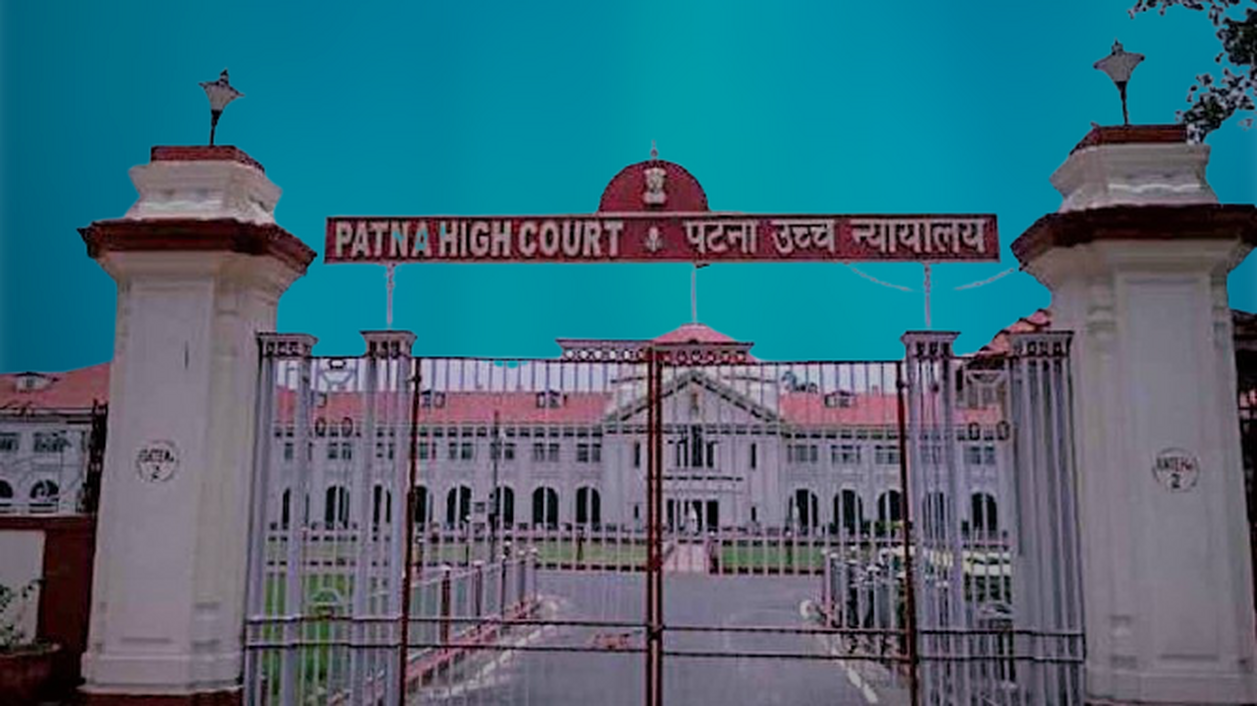In Civil Writ Jurisdiction Case No. 5407 of 2023 -PAT HC- ‘Tax authority should facilitate business & economy, not extort money’: Patna High Court
Chief Justice K. Vinod Chandran & Justice Partha Sarthy [23-08-2023]

Read Order: Sita Pandey v. The State of Bihar and Ors
Chahat Varma
New Delhi, September 20, 2023: The Patna High Court recently slammed the tax authority for its high-handed actions.
In summary, the assessee was engaged in providing manpower supply services, including security and cleaning services to various establishments, including Government Polytechnic Institutions The issue arose as to whether the services provided to Government Polytechnic Institutes were eligible for exemption under Entry No. 66(b)(iii) of Notification No. 12/2017 dated 28.06.2017, which pertained to services provided by or to Educational Institutions up to Higher Secondary School or equivalent. Consequently, an assessment order was issued to the assessee, determining a total liability of Rs. 73,66,644.00. The assessee appealed the assessment, but the Appellate Authority did not rule in their favour. Subsequently, the Assessing Officer took action to recover the outstanding amount by issuing notices to the Branch Managers of the four banks where the assessee held accounts. An amount of Rs. 69,88,322.00 was recovered, covering the equal liabilities under the Central Goods and Services Tax (CGST) and State Goods and Services Tax (SGST) enactments.
The division bench of Chief Justice K. Vinod Chandran and Justice Partha Sarthy observed that since an Appellate Authority had not been constituted, even if the Assessing Officer, acted under the proviso to Section 78 of the Bihar Goods and Services Tac Act (BGST Act), the maximum amount that could have been recovered was twenty percent of the tax amount due, in addition to what had already been paid to initiate a first appeal.
The bench said, “The tax officer had definitely erred, that too egregiously, to the extent of his action being termed high-handed, in surreptitiously making the recovery of the entire amounts due as tax, interest and penalty, even contrary to the legislative mandate.”
The bench strongly criticized the tax authority for what it viewed as a clear overreach. It pointed out that the tax officer had surreptitiously recovered the amounts due as per the assessment order from the assessee's bank accounts without providing proper intimation or specifying a time frame for the assessee to satisfy the demands. The bench found this action unacceptable, even if it was motivated by expediency and the interest of revenue, which it did not find discernible from the reasons recorded in this case.
The bench also noted that the reasons stated by the tax officer were kept hidden within the files and were not convincing. The bench did not consider the close of the assessment year and a couple of bank holidays as sufficient reasons to forfeit the amounts held in the account of a running business. It emphasized that the state's revenues would not collapse if the amounts were not immediately recovered, but there was a significant risk of the assessee’s business folding up due to the lack of liquid funds. This could have serious consequences for the business, including its ability to pay its employees and other creditors.
“The tax authority should also act as a facilitator of business and economy and not merely as an extortionist, always looking to have the pound of flesh, to satisfy his hierarchical superiors to push his/her personal agendas. We have no doubt that the action complained of, was high handed and arbitrary,” further added the bench.
The bench took note of the fact that the amount required to be paid by the assessee to maintain an appeal before the Appellate Tribunal, if constituted, was Rs. 7,56,644.00, which represented twenty percent of the tax dues under the BGST Act. Therefore, the bench directed that the balance amounts from the total sum of Rs. 69,88,322.00 that was recovered, would be paid over to the assessee and failure to comply with this direction would result in interest being levied at the rate of 12 percent per annum.
The court further ruled that the officer who issued the order, and who acted in complete disregard of the statutory provisions and established principles of law, would pay an amount of Rs. 5,000, as cost to the assessee.
Sign up for our weekly newsletter to stay up to date on our product, events featured blog, special offer and all of the exciting things that take place here at Legitquest.




Add a Comment